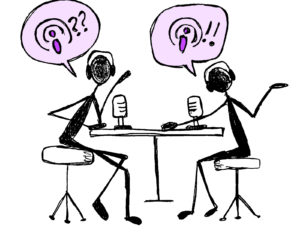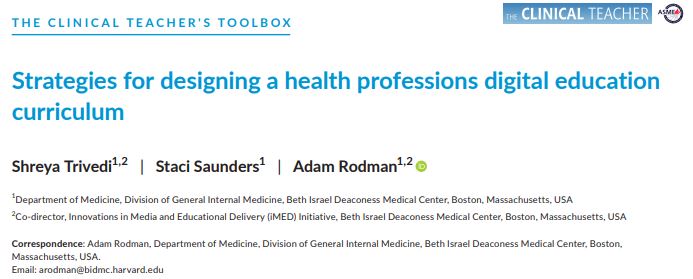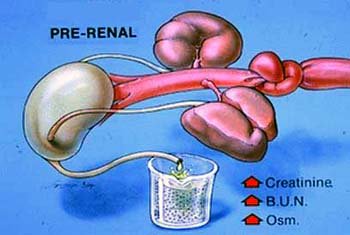
Physician, educator, historian, author, podcaster, researcher @BIDMC_IM @HarvardMed, host of #histmed podcast @BedsideRounds, AE @NEJM_AI, studies 🤖+🧠. 🖖🚲
4 subscribers
How to get URL link on X (Twitter) App


https://x.com/AdamRodmanMD/status/1869023056917864640Some context: like many researchers, we were gob smacked by the performance of o1-preview on our private and VERY difficult benchmarks, eg the complex cases we used in our RCTs in @NatureMedicine and @JAMANetworkOpen, outperforming GPT-4, GPT-4 w/ humans, and humans alone.


https://x.com/EricTopol/status/1887153992976765023First, the main result: GPT-4 DID improve physician medical management in complex cases with no right answers (though not above the performance of the LLM by itself).



https://twitter.com/JAMA_current/status/1669366653300211712First, the topline results – in running all of the post-2021 published @NEJM clinicopathologic conferences, ChatGPT got the final diagnosis in 39% of cases, and had the final diagnosis in its differential in 64% of cases.


 Everyone has a professional or educational message that we want to get out to the world.
Everyone has a professional or educational message that we want to get out to the world. 

 There were 2⃣ inspirations for this study.
There were 2⃣ inspirations for this study. 

https://twitter.com/adamrodmanmd/status/1295417747984261124Well, now that angry tweet is a point-counterpoint-rebuttal series in @JHospMedicine!




 First, some details! Over the past six years, I've made a lot of podcasts (some of them better than others), and I know they're being used for teaching at medical schools across the country.
First, some details! Over the past six years, I've made a lot of podcasts (some of them better than others), and I know they're being used for teaching at medical schools across the country.

 Projecting images is quite old, dating back to the 18th century with images painted directly on glass plates -- a magic lantern. During the Spanish Flu, the Surgeon General toured with a magic lantern with information on the pandemic.
Projecting images is quite old, dating back to the 18th century with images painted directly on glass plates -- a magic lantern. During the Spanish Flu, the Surgeon General toured with a magic lantern with information on the pandemic. 

 FYI this is a complementary Tweetorial to @tony_breu's amazing one on why we have night sweats
FYI this is a complementary Tweetorial to @tony_breu's amazing one on why we have night sweats https://twitter.com/tony_breu/status/1127262873577766912

 It’s a well-known phenomenon on the medical wards that after an upper gastrointestinal bleed, the blood urea nitrogen will rise considerably more than the creatinine. In fact, it’s a common teaching “pearl”
It’s a well-known phenomenon on the medical wards that after an upper gastrointestinal bleed, the blood urea nitrogen will rise considerably more than the creatinine. In fact, it’s a common teaching “pearl” 

